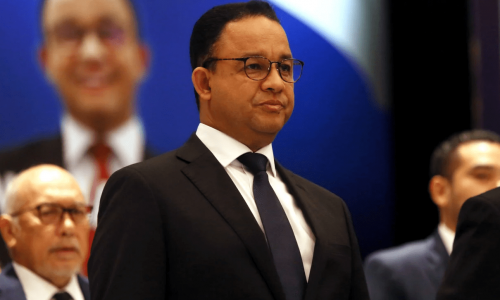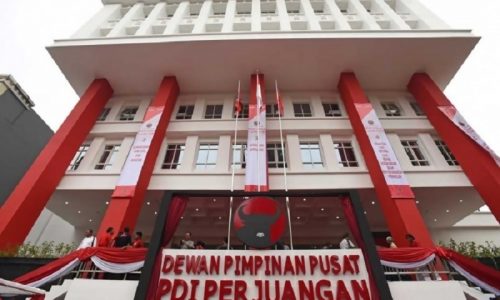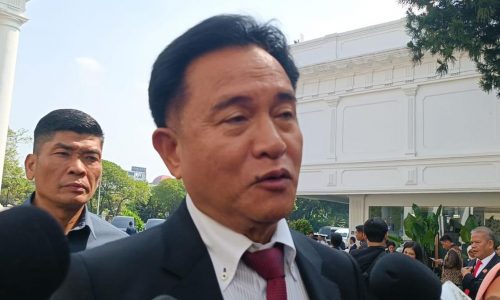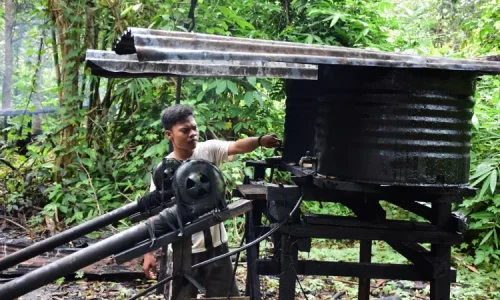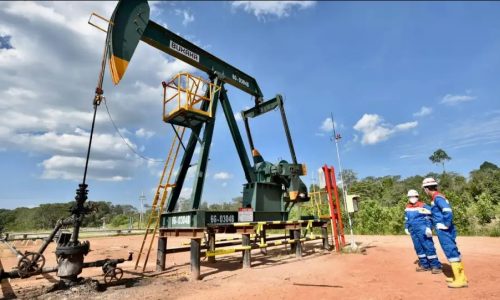The Indonesian government, through the Ministry of Energy and Mineral Resources (ESDM), has partnered with the Agence Française de Développement (AFD) to tackle climate change and drive the nation’s energy transition.
The partnership was formalized with the signing of a Letter of Intent (LoI) and an Implementing Agreement (IA) for energy transition collaboration.
Dadan Kusdiana, Secretary-General of ESDM, highlighted the agreement as a crucial step in Indonesia and France’s collective effort to address climate change challenges and advance towards a sustainable energy future.
“As a nation highly vulnerable to climate change impacts, Indonesia recognizes the urgency to cut greenhouse gas emissions, diversify energy sources, and speed up the energy transition,” Dadan said on Monday, November 4, 2024.
The LoI and IA include collaboration on the Policy-Based Loan Affordable and Sustainable Energy Transition (PBL ASET) Program, a roadmap toward achieving Net Zero Emissions (NZE), critical minerals studies, and ESG framework implementation in Indonesia.
Both countries will also collaborate on studies, training, and other jointly agreed areas.
Yann Martress, AFD Country Director, noted that the partnership aims to mainstream the energy transition in policy initiatives aligned with Indonesia’s energy priorities.
The program supports Indonesia’s ambition to achieve NZE, signaling a long-term commitment to fostering a greener, more resilient energy sector.
European Union Ambassador to Indonesia, Denis Chaibi, expressed support through EU grants for Indonesia’s green transition, given the nation’s abundant resources like nickel reserves for EV battery production and geothermal potential.
“With these resources, Indonesia is a key player in the global green transition. We’re excited to work with Indonesia and AFD on this journey,” Chaibi remarked, on Monday, November 4, 2024.
Laurent Legodec, France’s Deputy Ambassador to Indonesia, stated that this cooperation leverages the strengths of both nations toward a fair and sustainable energy future.
“Strengthening our energy transition collaboration will drive not only technological progress but also significant economic growth, job creation, and energy security,” Legodec said.



